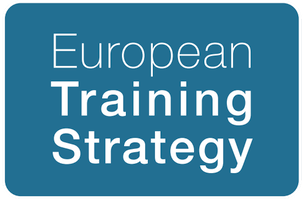

The single skills are summarised in different headlines that illustrate what “being civically engaged” means for youth workers skills-wise. The “cluster headlines” do not name skills as such; these can be found through clicking on the lists.
Reflection is a core element of interaction with others and also of engagement. + -
For youth workers, this means being able:
- to support young people in critically reflecting on their values
- to support young people in reflecting on the values they are confronted with
Young people need to have opportunities for participation and to trust in their capacity for engagement. + -
Corresponding skills of youth workers are:
- to encourage and empower young people to recognise the need to act
- to encourage and empower young people to (inter)act constructively by raising their voices and/or taking action
- to create and co-create opportunities for young people to meaningfully participate in and critically engage with socio-political processes
Civic engagement calls for knowledge about (political) issues and information that is reliable and trustworthy. + -
Important skills are:
- to identify disinformation and misinformation
- to support young people in acknowledging and dealing with disinformation and misinformation
Dealing with different stakeholders helps offer opportunities for civic engagement. + -
For youth workers, this means being able:
- to interact with different socio-political actors constructively, for the benefit of young people and their civic engagement
It is important to be aware of personal limits and to ensure the wellbeing of everyone involved. + -
Corresponding skills are the ability:
- to set boundaries
- to take care of one’s own and young people’s wellbeing when engaging critically with issues




